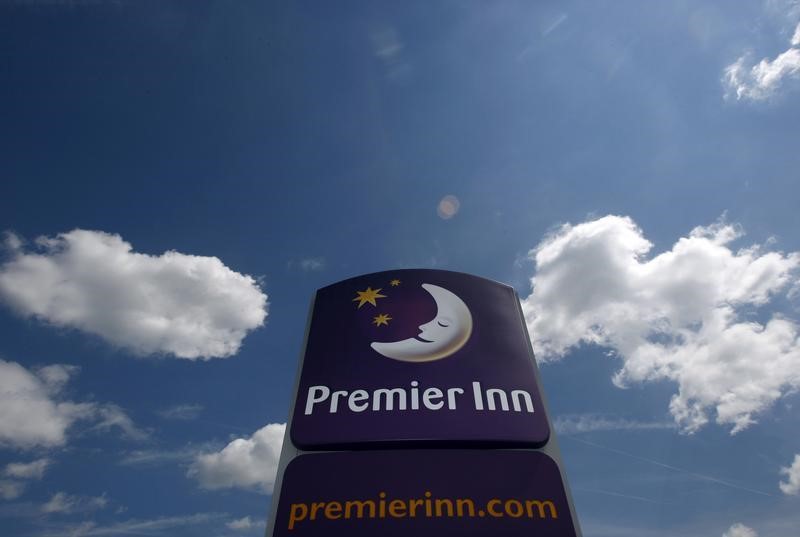By Geoffrey Smith
Investing.com -- The specter of lockdowns is haunting Europe's stock markets again on Tuesday, after the U.K. effectively abandoned its campaign to get people back into offices in an effort to contain a rapidly-swelling second wave of the Covid-19 virus.
U.K. media reported that Prime Minister Boris Johnson will urge people to work from home wherever possible, on top of a new 10 PM curfew for pubs and restaurants. While the new measures fall short of what was feared, the unmistakable direction of travel is toward an extension of the extreme social distancing imposed back in the spring.
No surprise then, that the stocks being hardest hit are those travel and leisure-related names that had started to show signs of life in the last few weeks: Ryanair (LON:RYA), International Airlines Group (LON:ICAG) and Air France KLM (PA:AIRF) stock all fell by between 4% and 5%, while aerospace suppliers Meggitt (LON:MGGT), Senior (LON:SNR) and Rolls-Royce (OTC:RYCEY) Holdings PLC (LON:RR) also all tumbled, the last of them hitting yet another new low for the year.
By contrast, tech is back as the defensive play: payments company Adyen (AS:ADYEN) surged nearly 6% to a new record high, while SAP (NYSE:SAP) rose 2.2% and games publisher Rovio (HE:ROVIO) rose 2.2%, buoyed by the hefty $7.5 billion dished out by Microsoft (NASDAQ:MSFT) for the parent company of Bethesda Softworks, the author of Doom and other successful video game franchises.
But if you want a peek into the course of the next six months, then take a look at Whitbread , a U.K.-based operator of hotels and restaurants. It announced on Tuesday it will cut up to 18% of its workforce, some 6,000 jobs. While optimists will point out that the government's shift of focus will only redirect economic activity rather than kill it, those job cuts - which look like a pre-emptive measure to avoid being saddled with the full cost of paying the workforce when the government's furlough scheme runs out, are part of an ever-clearer trend toward higher joblessness, lower tax revenue and higher government deficits.
"It has been clear from the beginning of this crisis that even as restrictions are eased and hospitality businesses such as ours reopen their doors, that demand would be materially lower than FY20 levels for a period of time," the company said in a stock exchange statement, which also showed a 75% drop in revenue over the six months through August.
Given that the thinking behind that decision took place against an improving backdrop, the fact that the announcement coincides with the government reversing course on reopening the economy has basically killed any hopes that the job cuts could represent some kind of turning point. Whitbread (LON:WTB) shares fell 3.5% and have now lost over half their value this year.
